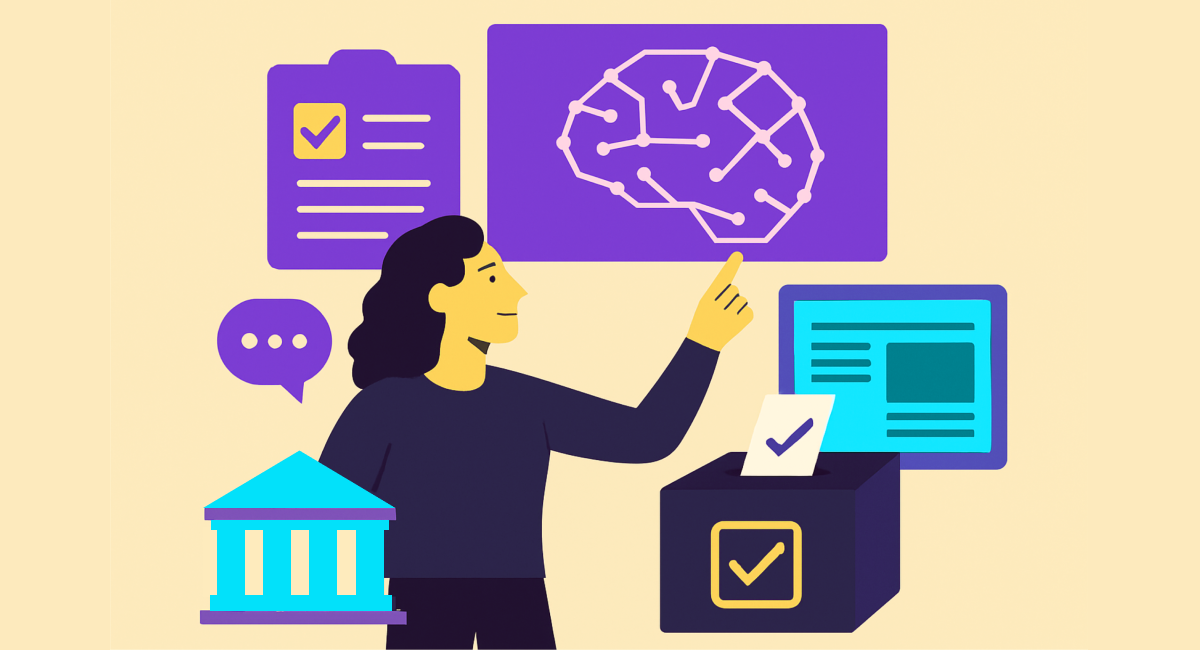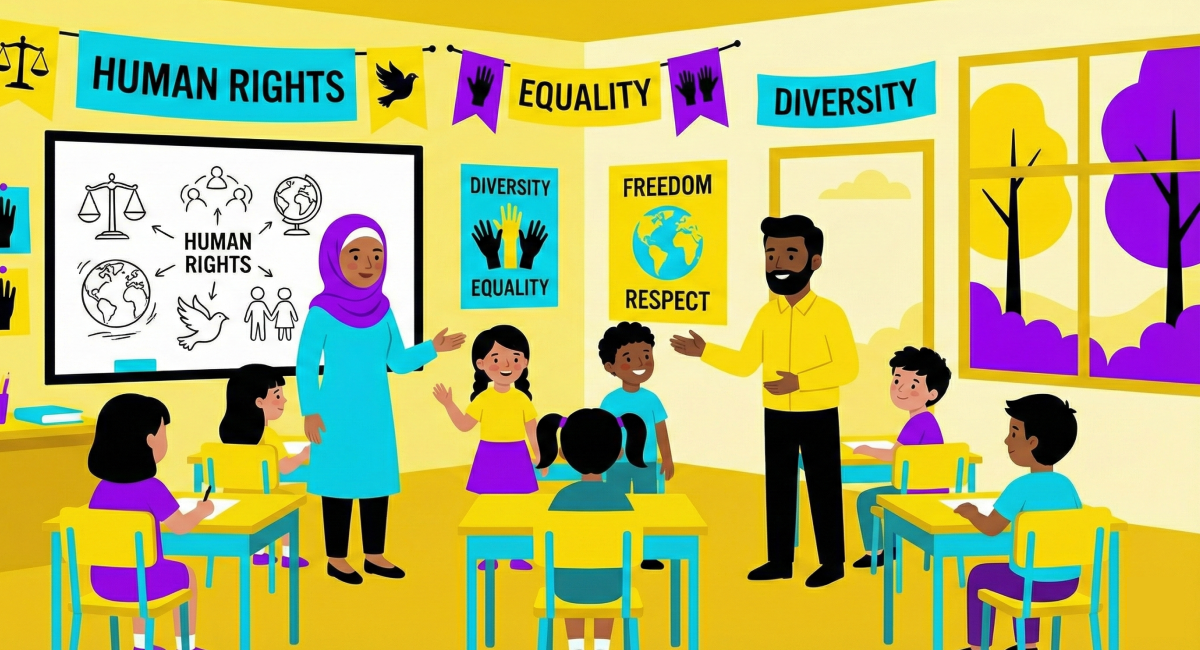Digital Participation Platforms & AI: Advancing civic engagement for the future of democracy
At CollectiveUP, our mission has always been to explore how technology can strengthen civic engagement and support democratic processes. Over the past few years, we have taken a leading role in the analysis and design of Digital Participation Platforms (DPPs). For the EIT Culture & Creativity (EIT C&C) program, we investigated both open-source and proprietary platforms, examining their functionalities, strengths, and emerging AI-powered features.
This work highlighted not only the diversity of tools available but also their increasing sophistication. From participatory budgeting and opinion clustering to sentiment analysis and AI-assisted moderation, these platforms are pushing the boundaries of how institutions and citizens interact
Key findings from our EIT Culture & Creativity research on Digital Participation Platforms (DPPs)
We reviewed a wide range of platforms, some well-established in European cities, others emerging from civic tech movements. Here are a few highlights:
- CitizenLab: Known for its robust adoption across EU municipalities, it offers AI-driven analytics such as sentiment detection, trend analysis, and topic clustering.
- Decidim: Open-source, modular, and democratically governed, Decidim powers debates, proposals, assemblies, and budgeting. It is already experimenting with GPT integration and remains one of the most legitimate civic platforms worldwide.
- Your Priorities: Lightweight and community-driven, it features pro/con voting and AI tools like toxicity detection and simple civic assistants.
- Pol.is: A unique platform using machine learning for consensus-building, famous for enabling structured debate in high-stakes policy contexts.
- CONSUL Democracy: One of the largest civic platforms globally, supporting proposals, participatory budgeting, and e-voting at scale.
- Consento: An innovative platform focusing on privacy-preserving and consent-based participation, especially designed with youth in mind.
Each platform offers a different mix of features, governance models, and integration potential. Importantly, many are increasingly incorporating AI, whether through analytics, summarization, moderation, or translation, indicating a clear trajectory toward smarter, more adaptive civic platforms.
According to our study, the most promising open-source solution is Decidim, due to its democratic governance, modular design, and ongoing integration of AI tools.
Continuing this work: AI in CONIFER
Building on this foundation, we are now deepening our exploration through the CONIFER project, which investigates how AI can further enhance DPPs. We are analyzing how neural networks, natural language processing, and explainable AI can support processes such as consensus-building, transparent debate summarization, and ethical data use.
Looking ahead
Our commitment to advancing democratic digital participation continues. In one of our current Horizon Europe proposals, we have chosen to work with Decidim, underscoring the importance of open-source and democratically governed platforms.
Our vision is clear: to help build the next generation of DPPs, open, transparent, AI-enhanced, and capable of strengthening our democracies.
Comparison matrix of Digital Participation Platforms and AI features
Soon, we will be publishing a report on the CONIFER website, offering insights into the state of the art in DPPs, AI applications, and recommendations for future development. Join our Newsletter to get informed once it is published.
→ Partner with CollectiveUP for democracy and participation projects→ Contact Us








